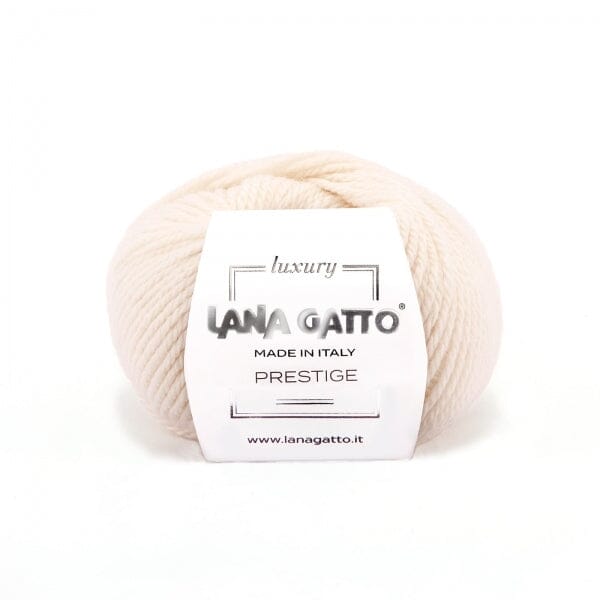What Is Cashmere and How Does It Differ to Other Fabrics?
What Is Cashmere and How Does It Differ to Other Fabrics?
Blog Article
Comprehending the Different Kinds Of Cashmere a Natural Fiber and Their Special Advantages

The Beginnings of Cashmere: A Historic Review
While the extravagant touch of cashmere continues to appeal modern-day consumers, its beginnings trace back to the harsh, chilly environments of Mongolia and the Himalayas. For centuries, the native individuals of these regions have been raising Capra Hircus goats, the prime source of cashmere woollen. These goats, durable against the serious winters months, grew a fine undercoat to survive, which later became referred to as cashmere. The name itself admires Kashmir, an area in India where the wool was originally processed. Much of the early cashmere profession course was facilitated by the Silk Road, connecting Asia with the Middle East and Europe. Despite its worldwide spread, the finest cashmere is still thought to stem from the initial regions of Mongolia and the Mountain Ranges.

The Production Process: From Goat to Garment
Shearing a Capra Hircus goat notes the inception of the detailed cashmere production process. This fragile procedure normally occurs yearly throughout springtime. The fine, soft undercoat is then separated from the coarser outer hair, a process called dehairing. The resultant raw cashmere is after that washed to get rid of contaminations such as veggie, oil, and dirt issue.
The clean fiber undergoes dyeing, spinning, and weaving, or knitting, to change it into a fabric. Complicated treatments such as high quality control checks and ending up processes follow, making sure completion item preserves the extravagant standard expected of cashmere. This painstaking procedure, from goat to garment, justifies the high cost connected to cashmere items, making them a sign of high-end and improvement.
The Various Types of Cashmere: An In-depth Evaluation

The Unique Advantages of Cashmere: Convenience and Sustainability
Moving from the selection of cashmere types to the advantages they use, comfort and sustainability stand out prominently. Cashmere, a natural fiber, is renowned for its unequaled softness, supplying a degree of convenience that artificial fibers can not match.
When it involves sustainability, cashmere is eco-friendly and naturally degradable, as it's collected from cashmere goats who regrow their layers each year. what is cashmere. Unlike synthetic fibers which can take hundreds of years to decompose, look here cashmere's effect on the atmosphere is minimal. This combination of comfort and sustainability makes cashmere a helpful selection for mindful consumers

Taking Care Of Your Cashmere: Maintenance and Conservation Tips
While cashmere is certainly a extravagant and lasting choice, it calls for details like preserve its high quality and prolong its life expectancy. To start, cashmere should be hand cleaned making use of cold water and a mild cleaning agent. Stay clear of turning or wringing the garment as it can damage the fibers. Instead, gently press out excess water and lay it flat on a towel to completely dry. Cashmere items must be stored in a great and completely dry area, away from direct sunshine and wetness. Utilizing moth repellents can secure these garments from prospective damage. It's suggested to stay clear of hanging cashmere to prevent extending. Instead, layer and store them appropriately to keep their form and high quality in time.
Buying Cashmere: Comprehending Its Worth and Well Worth
Although cashmere might originally why not check here appear like a pricey financial investment, its long-term value and worth ended up being apparent when you consider its impressive top qualities. Recognized for its unequaled softness and warmth, cashmere is a premium all-natural fiber that outperforms various other materials. Its high demand and restricted supply add to its high cost, yet its longevity guarantees it lasts for many years, using exceptional value for money. Cashmere items are classic, typically ending up being antiques gave through generations. what is cashmere. In addition, its natural insulating properties give heat without the bulk of synthetic fibers. Purchasing cashmere, as a result, is not just about existing fashion patterns, but concerning welcoming a lasting, durable, and elegant lifestyle.
Final Thought
In summary, the kind of cashmere one selects, be it Mongolian, Chinese, or Italian, is determined by private choices for heat, deluxe, budget, and sustainability. Understanding the beginnings, manufacturing process, and distinct benefits of various types of cashmere can lead customers in their investment in this elegant natural fiber.
Whether it's the phenomenal warmth of Mongolian cashmere, the cost of Chinese cashmere, or the eco-conscious production of Italian cashmere, there's a story to be found behind each fiber type. Cashmere, a natural fiber, is renowned for its unrivaled softness, supplying a degree of comfort that synthetic fibers can't match.When it comes to sustainability, cashmere is eco-friendly and eco-friendly, as it's harvested from cashmere goats who regrow their coats each year. Recognized for its unrivaled gentleness and warmth, cashmere is a premium all-natural fiber that outshines various other products. Understanding the beginnings, manufacturing process, and special advantages of different kinds of cashmere can assist customers in their financial investment in this lavish all-natural fiber.
Report this page